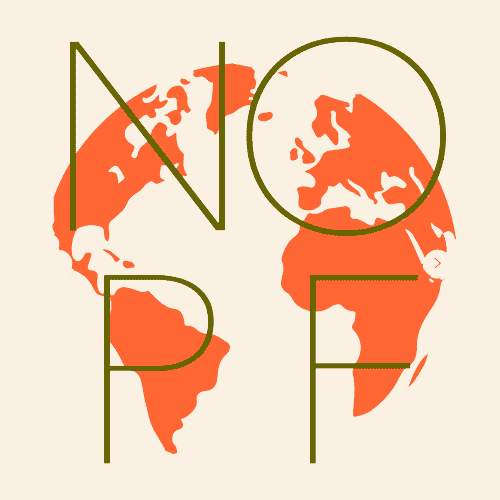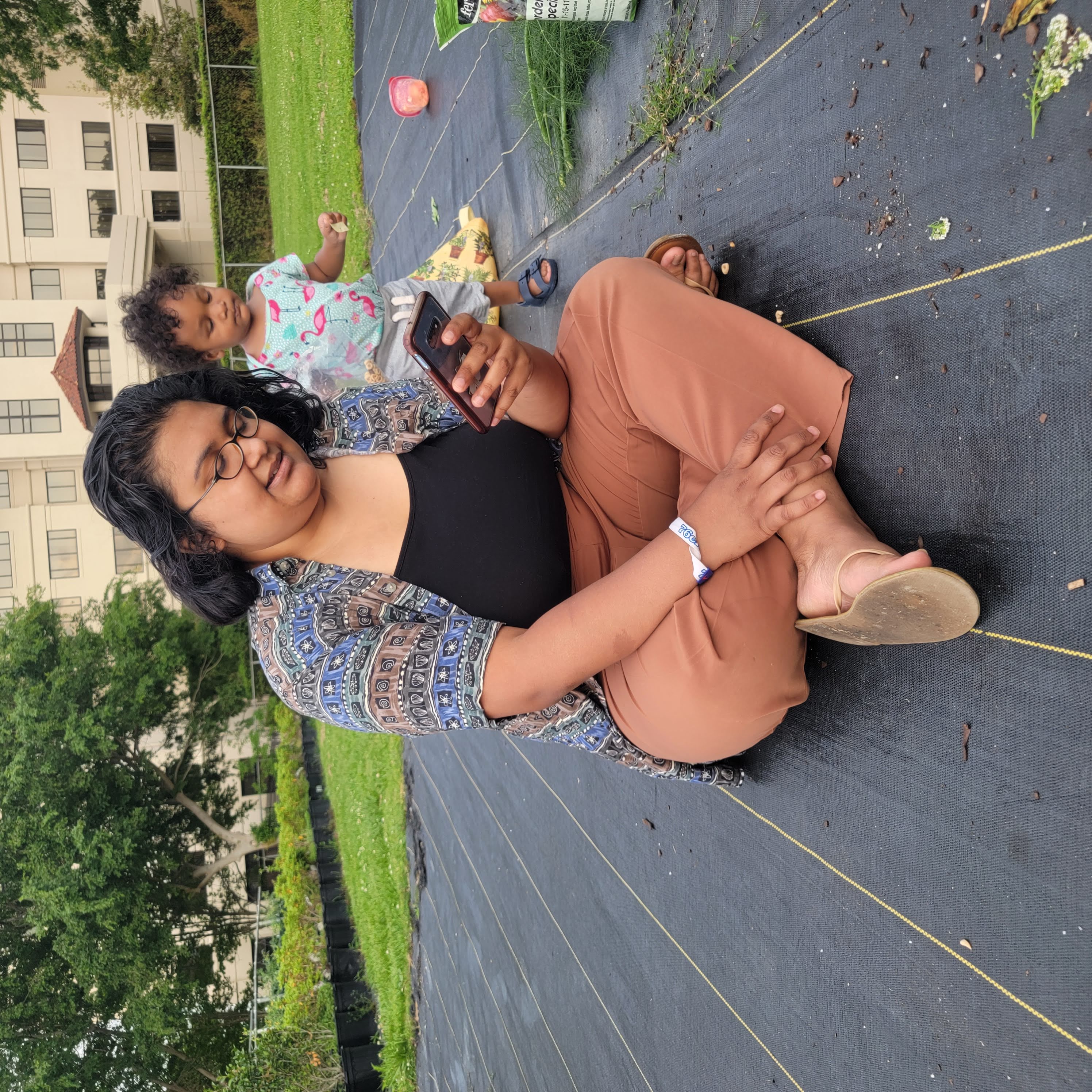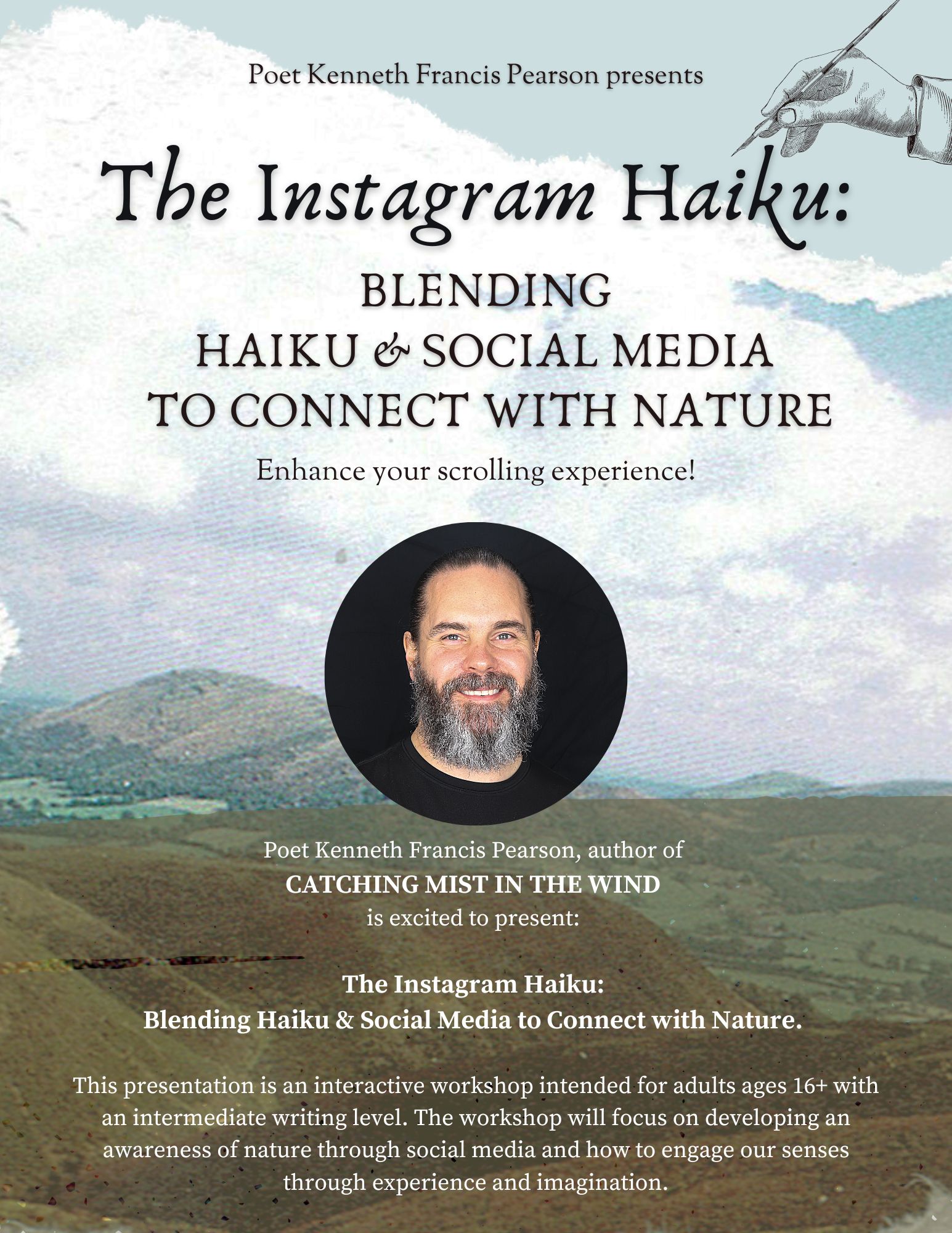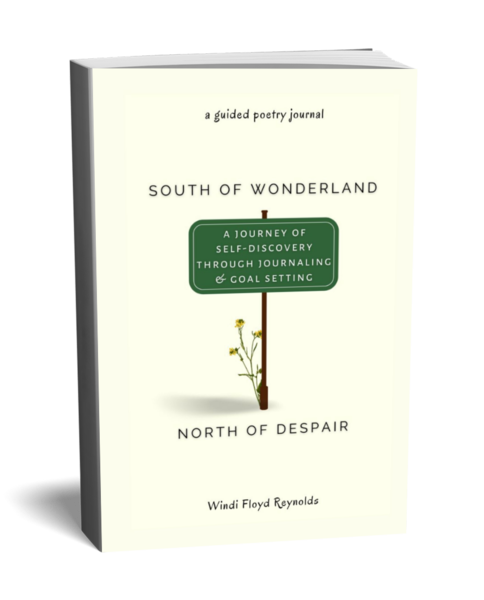We create and receive sound through the body, whether heard or not. Four experiential writers share sound exercises as they relate to writing practices.
SABRINA DALLA VALLE Does making sound more dimensional make it more true? The podcast vocalscape is seen as an auditive framework, a potential sound space for centering in the listener’s own story—the in-between story possibly being the true sound space. In this presentation, we will practice hearing with the soul, listening not to words— but to powers, through a guided experience of different vocalscapes.
AMBER DiPIETRA Let us consider situations in which the method of production is the work of art. I have had a chronic illness for 42 years. I am physically disabled, and I am mostly blind. The physical production of poetry and other installation work is now my product. The way my body functions completely dictates the form and content of the work I make—like audio journaling constrained by technical limits and textual editing bounded by my waning ability to scan the eye over a block of text.
EMGEE DUFRESNE: Is it possible to enter a practice of writing grounded in the somatic? How can the senses become a vessel for poetic possibility? I explore these questions with an experiment using titration, sound via a tuning fork and singing bowl. This will be documented for the audience by someone receiving abdominal work, while stimulated by these sounds.
DENISE LETO When do voice and silence become beacons or burdens of embodied poetics? I have a neuro-speech and chronic pain disability which has transformed my relationship to poetry and movement. How can speech and poetry involve a vocabulary of imagination and a kinesthesia of connection within non-normative vocalizations? My creative art practice now involves collaborations in sound/text art, dance, and video. To explore these questions, I will share exercises in how to create a more embodied trust field together through vibrational and silent meditation, sensory resonance, movement and observation of breath cycles.



